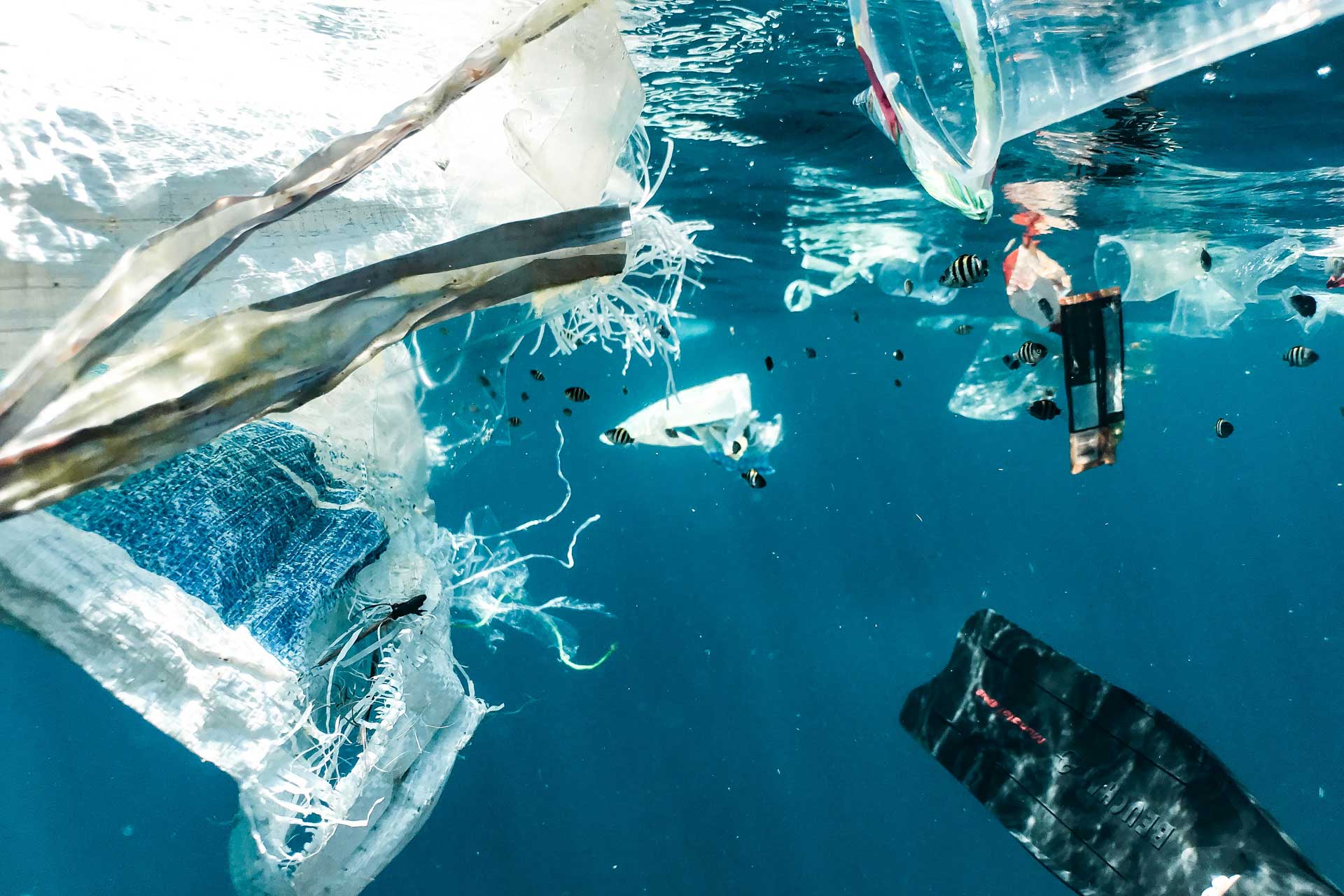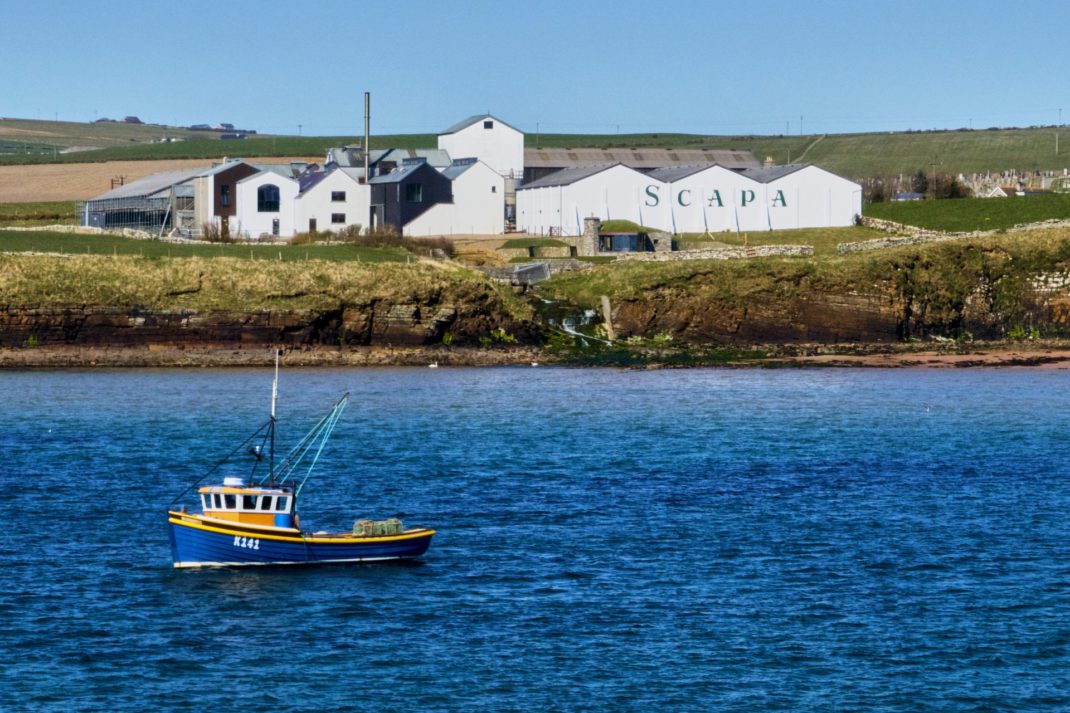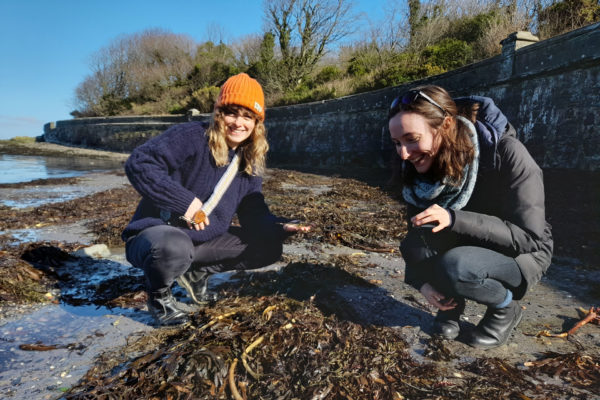Not Safe To Swim: What Is Going On With The UK’s Seasides?
By
2 years ago
It’s no day at the beach

Red flags are up, it’s not safe to swim: poor water quality is ruining the great British summer after a series of sewage discharges across the country. Following storms this week there have been reports of ‘do not swim’ notices on beaches up and down the country, with burst pipes and sewage dumps both leading to untreated sewage pouring into the seas surrounding Britain.
Surfers Against Sewage
Charity Surfers Against Sewage hosts a real-time map tracking real-time sewage discharge and pollution risks around the UK, showing current alerts as far north as the Aberdeenshire coast, and as far south as Readymoney Cove in Cornwall. Storm sewer releases are being blamed on the Dorset coast, burst pipes are adding to issues in Blackpool and sewer overflows in Kent.
Weather is being blamed for the current situation, but this is no new issue. A Surfers Against Sewage Water Quality Report 2022 shows that over last year’s spring/summer period, sewage was dumped into bathing waters more than 5000 times. There were and average of 825 sewage spills every single day into England’s waterways last year.
And it’s not just swimmers that are impacted, local businesses are suffering, too. Graham West from West’s Whelks told The Guardian: ‘It’s open, shut, open, shut with our shops, just as the busy summer period arrives, because our oysters – or the water we need to keep them in – are contaminated. Last week, I was due to get a load of oysters in but Southern Water decided to dump sewage into the sea – that means I can’t collect water for the oysters to be kept in. Our policy is three days post-sewage spill. So I had to buy them in from Jersey. One single loss of around £1,000 over a week.’
What Are The Water Companies Doing?
One of the issues with dealing with water contamination is that the exact root of the problem is hard to trace. The Environmental Agency is faced with the challenge of identifying the causes of poor water quality, which aside from reported sewage releases and spills they also attribute to agricultural run-off, dogs, seagulls and industrial pipes.
But are the water companies being held responsible for their part in the issue? The Guardian reports that United Utilities was responsible for 69,000 discharge events across the north-west last year, but still found resources to pay £300m in dividends to shareholders. Chris Webb, the Labour parliamentary candidate for Blackpool South said: “It’s glorious sunshine here – and the beaches are out of bounds for tourists and local children, many of whom live in poverty.”
No River In England Is Free Of Contamination
It’s not just the British coast that is in trouble, either. A House of Commons Committee report last year on the state of UK rivers found that no river in England was free from chemical contamination. River Action UK is Country & Town House’s charity partner, committed to addressing the problem of river pollution caused by agricultural and food industry practices, sewage discharge by water companies, and other sources of pollution. You can find out more about their work at riveractionuk.com.






